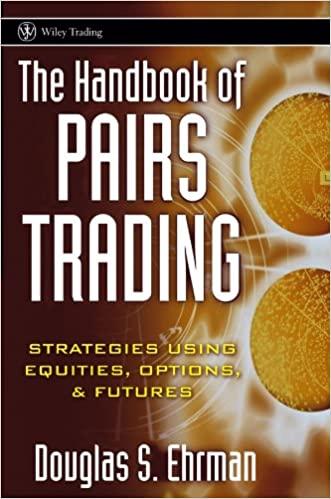If businesses claim to have no extra-legal obligations, how can they claim the right to influence law and regulation? If law and regulation embed the
If businesses claim to have no extra-legal obligations, how can they claim the right to influence law and regulation? If law and regulation embed the moral framework and businesses have no extra-legal obligations, expertise or responsibility, are businesses transgressing their proper limits when they influence legislation and/or regulation? Compare Porter and van der Linde with Fieser. Porter and Van der Linde holds that business strategies helps to maximize nature of all discussions on social responsibility of corporate management is to understand two major paradigms that have been used widely and that created, despite the multiple convoluted definition, two quite clear opposing theories. These two interpretations, known as shareholders and stakeholders paradigms, did somehow polarized all different judgments and opinions on Corporate Social Responsibility and in some way compensated the shortage of clear and universally agreed connotations. This paradigm makes the shareholders, and their interests, the primary reference point for the corporate manager, whose main responsibility and primary mission is therefore to increase the company profit and make it available to proprietorship. Fieser says that the law already has moral implications created within the legal constructs due to experienced individuals creating the law. Porter/Linde argue that businesses can take a proactive approach towards being socially responsible because not only is it the right thing to do but businesses can be more profitable if they pursue such approaches. In depth please. More than a page.
Step by Step Solution
There are 3 Steps involved in it
Step: 1

See step-by-step solutions with expert insights and AI powered tools for academic success
Step: 2

Step: 3

Ace Your Homework with AI
Get the answers you need in no time with our AI-driven, step-by-step assistance
Get Started


